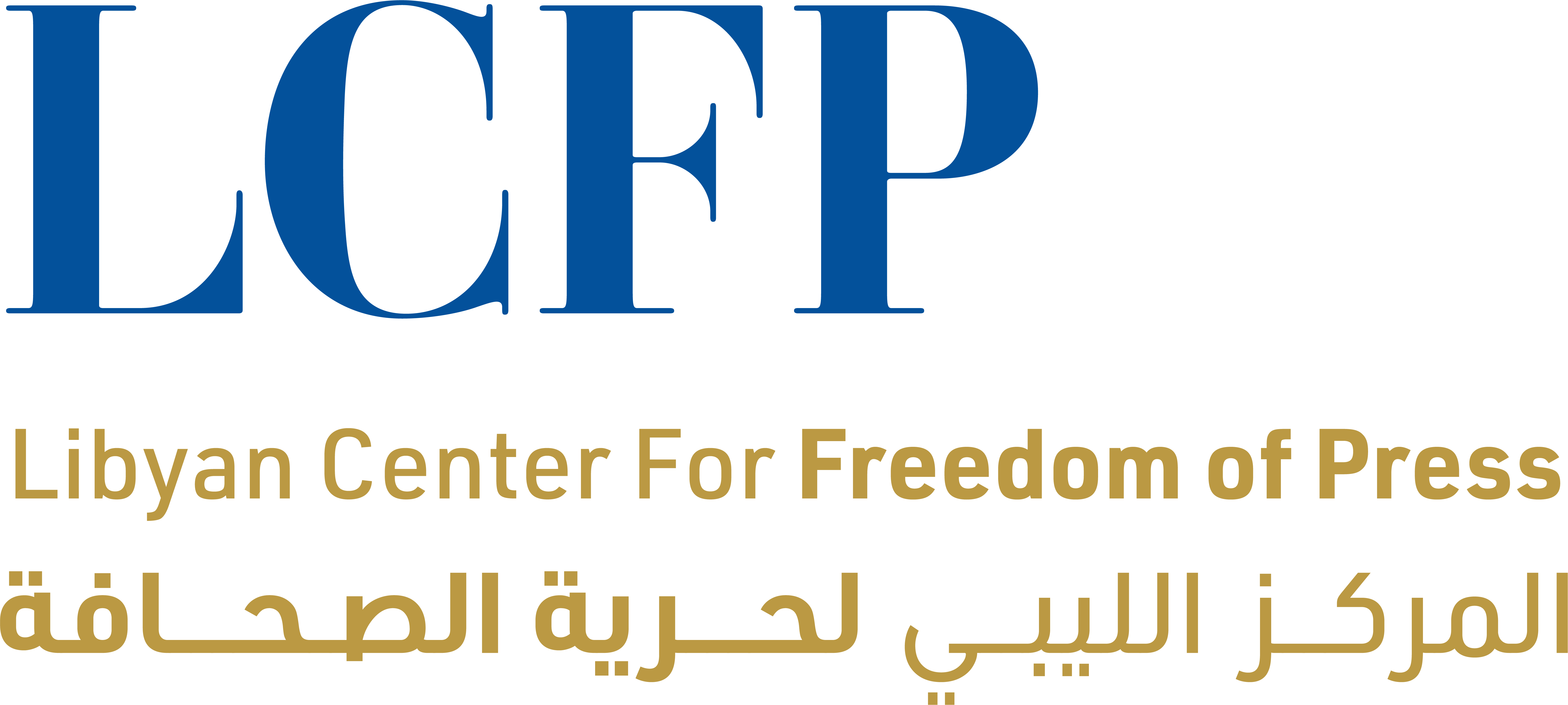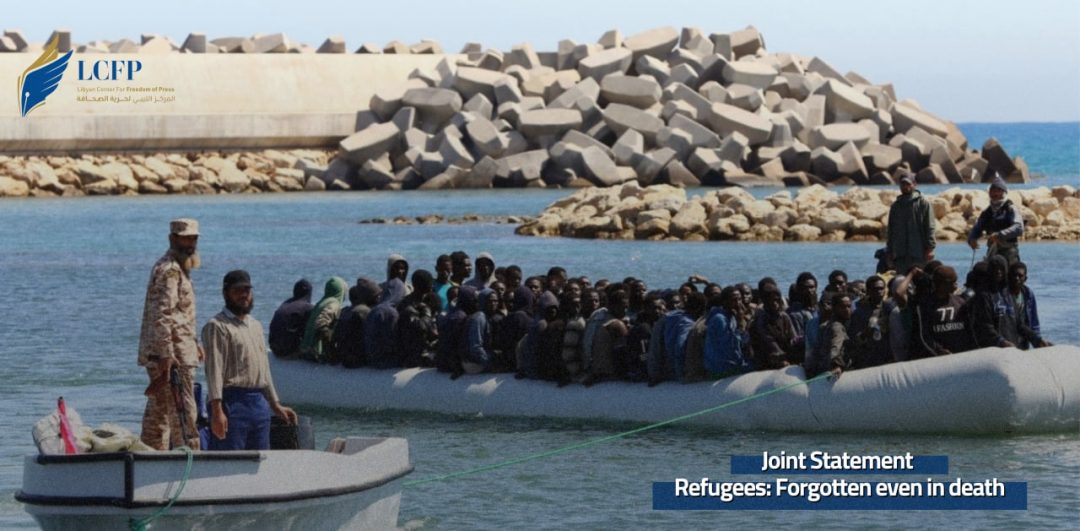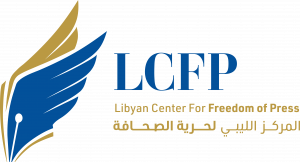Joint Statement
Amid an absence of legal channels for migration, deaths at sea are on the rise while identification procedures remain negligent: The nightmarish journey of refugees continues even in death
Two months after the shipwreck off the coast of Zarzis in Tunisia and almost five months after the massacre at the crossing point between Nador and Melilla in Morocco, the shipwrecks and loss of life off the coast of the Mediterranean continue unabated. The impunity of the countries and actors responsible for these tragedies is flagrant. The signatory organizations are sounding the alarm and denouncing this hecatomb at the external borders of the European Union.
Since 2021, the number of deaths continues to rise
According to a recent report by the International Organization for Migration’s Missing Migrants Project, 5684 men, women and children have lost their lives on the migration routes to and within Europe since the beginning of 2021. Since 2014, 29,000 people have lost their lives at sea. These figures are unfortunately incomplete due to the large number of “invisible shipwrecks” on both the Central Mediterranean and Atlantic routes.
Behind these numbers are entire lives, stories, families, siblings, children and friends, who have the right to know how their loved ones lost their lives, to recover and identify their bodies, and to give them a dignified burial and a mourning.
According to the report of Caminando Fronteras, on the migratory routes to Spain, 978 people, including 41 minors, died in the first six months of 2022. On the Canary Islands route, 800 people lost their lives. In total, 18 boats disappeared with all the people on board. Almost 90% of the victims disappear at sea and their bodies are never found.
In July 2022 alone, 300 people died trying to reach the Canary Islands from Senegal. In mid-August 2022, 18 people, including a baby, died off the coast of Tarfaya in Morocco. They had been waiting for 8 hours for a rescue operation. On October 1, 2022, a merchant ship rescued a man in an inflatable boat in the Atlantic. In the boat, there were 4 deceased people and the man reported that 29 others were missing. On October 28, 2022, the bodies of 34 people washed ashore south of Dakhla. In early August, a boat with 14 people disappeared after leaving Tipazza, Algeria. These numbers are just a few examples in a sea of despair.
Multiple causes that can easily be addressed
The increased violence against migrants and the increase in deaths is a direct consequence of the EU and Member States’ outsourcing of migration policies, aimed at greater control and security of the North African states’ maritime borders. These measures have resulted in the displacement of migration routes to increasingly dangerous ones, resulting in an increase of deaths.
Instead of opening legal and safe routes and establishing search and rescue mechanisms at sea, the EU and its Member States continue to pursue security and deadly migration policies.
The Spanish government’s approval of sending an additional 30 million euros to Morocco for migration control is a glaring example. Since 2019, Morocco has received 123 million euros from Spain for migration control, in four separate payments. At the same time, the EU has provided 346 million euros to Morocco in the same period and will send another 500 million euros until 2027. Tunisia is not an exception, with Italy sending 19 million euros for border control between 2020 and 2021.
Forgotten in death: Lack of identification procedures denounced
In this context, the atrocities against migrants continue even after their death, as evidenced by the lack of identification procedures from Libya to Tunisia, and from Algeria to Morocco. This situation has been long denounced by the signatory organizations. Policies regarding the identification of bodies on the part of the authorities of the Maghreb and Mediterranean countries are negligent and often consist of burying bodies found on beaches after shipwrecks without any DNA testing or other summary identification procedure. The latest example of this lack of procedure occurred in early October 2022 when the bodies of 18 young people found in Zarzis (including families, women and children), were buried without any form of identification. This event caused strong protests and indignation from families and civil society who demanded that the bodies of those who died in shipwrecks be recovered, identified, and buried with dignity.
The same lack of identification and search procedures for missing persons is found on the Atlantic and Western Mediterranean routes. The practice of unidentified burial has also been documented at land borders, such as at the border between Nador and Melilla after the tragedy of June 24, 2022, where at least 37 migrants died while trying to cross the border. According to the Moroccan Association for Human Rights (AMDH), 77 people are still missing, but the final number of dead and missing will never be known. Immediately after the June 24 tragedy, AMDH Nador noted that the authorities wanted to bury the bodies without conducting the necessary investigations and without identifying the bodies. It was only due to the intervention of the AMDH that the authorities stopped this summary burial.
According to a recent BBC investigation, on June 24, lifeless bodies were dragged by Moroccan police into an area that, according to the BBC, was under Spanish control. At the same time, the Spanish Interior Ministry denies dragging the bodies from Melilla to the Moroccan border, while it is also accused of withholding crucial CCTV evidence from official investigations.
On October 31, 2022, UN experts denounced the lack of accountability in Spain and Morocco and called for a “thorough investigation, reparations to the victims and their families, and guarantees that this will not be repeated.”
The multiplication of deaths at sea and the outrage that is constituted by the mistreatment of bodies in death can no longer be tolerated in the Mediterranean. The signatory organizations therefore issue a series of recommendations for the European Union, its Member States, and the States of the southern shore to put an end to these practices.
Recommendations
The signatory organizations:
– Call for the establishment of safe and legal channels to access these countries and their asylum procedures;
– Call for the increase of “resettlement” programs and relocation mechanisms as the only valid response to reduce deaths and disappearances at sea;
– Call on the European Commission to eliminate the conditionality of development aid to European migration policy objectives. These funds should not be linked to the eventual cooperation of third countries in border management and readmission policy;
– Call on the European Commission to establish accountability mechanisms linking EU aid to the human rights obligations of partners. EU funds for migration should be disbursed in a transparent manner, with information on the institutions and organizations involved, earmarked budgets and the results of any projects carried out made public;
– Call on the European Commission to establish effective and transparent mechanisms for monitoring the political and legal actions of EU member states, with a system of sanctions to penalize their violations of European and international law. The infringement procedure must be strengthened to ensure accountability for human rights violations by EU member states, including the violation of the principle of non-refoulement, which runs counter to the 1951 Geneva Convention on the Status of Refugees;
– Call for the abandonment of negotiations on readmission agreements. The current violations of migrants’ and refugees’ rights in Morocco, Tunisia, Algeria and in the countries of origin, and the absence of post-return monitoring mechanisms, are not sufficient to qualify the countries of origin or the third country as “safe”;
– Call for a dialogue with the new actors in the migration environment who are responsible for part of the migration management to ensure that their protocols are consistent with human rights. Private actors such as border control companies are one example;
– Call for an examination of the implications of established policies, such as “voluntary returns”, and their impact on migration choices to more dangerous routes, and establish an effective and transparent mechanism for monitoring returns, in collaboration with civil society actors;
– Call for the establishment of measures, procedures and protocols that respect and protect the rights of people on the move.
On greater coordination/cooperation in search and rescue at sea, the signatory organizations:
– Call on States to establish a coordinated, effective and transparent maritime search and rescue mechanism to prevent further loss of life at sea;
– Call on States to redirect funds currently spent on border surveillance to search and rescue.
On greater coordination/cooperation on identification mechanisms and the search for missing migrants, the signatory organizations:
– Call on States to establish a coordinated mechanism to search for missing migrants at sea and on land;
– Call on States to redirect funds to increase resources and capacity to establish effective identification procedures, search mechanisms for missing migrants and repatriation of bodies;
– Remind States that the responsibility for identification remains with them;
– Support projects that take into account and integrate the processes of identification of deceased persons and the search for missing migrants;
– Call for the authorities and relevant actors to increase coordination with civil society for their work, and establish civil society access to identification procedures and protocols;
– Request that the States concerned (EU Member States, Maghreb, countries of origin or exit) recognize their de jure and de facto responsibilities towards migrants, in particular to facilitate the identification and repatriation of deceased persons. In this sense, the IOM could facilitate transnational cooperation between the embassies of the countries of origin and the countries where the death or disappearance has been registered;
– Call for the establishment of effective and permanent mechanisms with a human rights-based approach to support the families of missing persons and survivors, so that all persons concerned are linked to the authorities and receive psychological assistance adapted to the particular needs of each group of victims;
– Call for the establishment of mechanisms to protect families and civil society actors involved in identification efforts from prosecution and criminalization;
– Call on States to put in place clear and effective legal frameworks to clarify and implement the different stages of the identification procedures and monitoring mechanisms to ensure that the objectives of the legal instruments have been achieved.
Signatories:
- لأورومتوسطية للحقوق
- Association Marocaine des Droits Humains (AMDH)
- L’Organisation Marocaine DES Droits Humains (OMDH)
- Association Aides Aux Migrants En Situation Vulnerable (ASMV)
- Réseau Marocain des Journalistes des Migrations (RMJM)
- Association Collectif des Communautés Subsahariennes au Maroc (CCSM)
- ASSOCIAZIONE RICREATIVA CULTURALE ITALIANA (ARCI)
- Milano senza Frontiere
- Borderline Sicilia
- Mem.Med -Mémoire Méditerranée
- Association enfant de la lune (Tunisie)
- Association pour le Leadership & le Développement en Afrique (ALDA)
- Association des Etudiants et Stagiaires Africains en Tunisie (AESAT)
- Ligue Tunisienne des Droits de l’Homme (LTDH)
- Avocat Sans frontière (ASF)
- Afrique Intelligence
- Ligue Algérienne des Droits de l’Homme (LADDH)
- Centre National de Coopération au Développement (CNCD-11.11.11)
- Anti-Racism Movement (Lebanon)
- Greek Refugee Council (GCR)
- Ligue des Droits Humain (LDH) France
- Citizens Assembly of Turkey
- Cairo Institute for Human Rights Studies (CIHRS)
- Institut du Caire pour les Études des Droits de l’Homme (ICEDH)
- Aman against Discrimination (AAD)
- LIBYAN NETWORK FOR LEGAL AID
- ADALA FOR ALL (AFA)
- Belaady Organization for Human Rights
- Justice without chains
- Libyan Crimes Watch (LCW)
- Independent organization for human rights (IOFHR)
- Aswat media network
- The Libyan center for freedom of the press
- Libya Al Mostakbal


